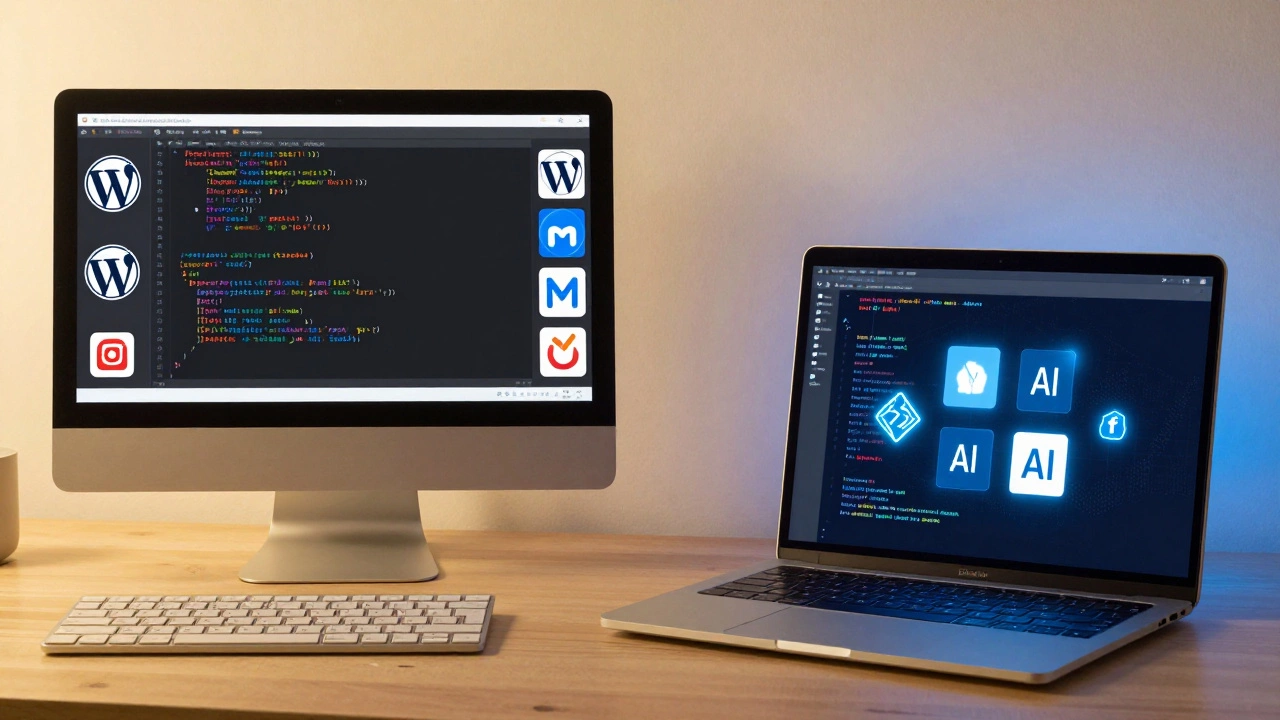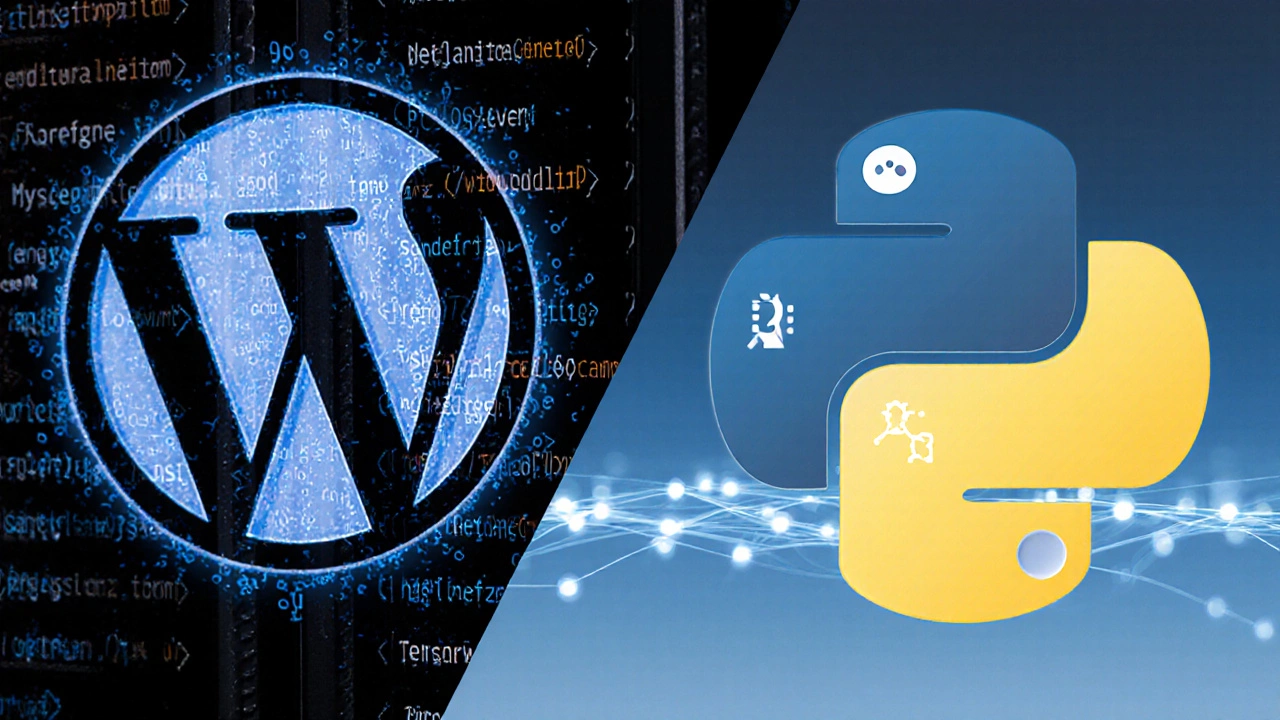PHP vs Python: A Straight‑Talk Comparison for Web Developers
When weighing PHP vs Python, the two most widely used server‑side languages, you’re really deciding how your web projects will be built and maintained, it helps to know what each brings to the table. PHP, a scripting language that powers a large share of the internet, especially WordPress and legacy CMS platforms shines in quick deployment and deep ecosystem support. Python, a versatile language praised for clean syntax and strong libraries, excels in data‑driven sites, APIs, and modern frameworks like Django and Flask. Both sit squarely inside Web Development, the practice of creating functional, responsive sites and applications for browsers and devices, but they approach the stack differently. Understanding their paradigms, performance traits, and community tools lets you match the right language to the right job. PHP vs Python is more than a buzzword – it’s a decision matrix that affects speed, cost, and future growth.
Key Factors That Shape the Choice
The comparison hinges on three core attributes: performance, ecosystem, and learning curve. Performance‑wise, PHP 8 introduced JIT compilation, narrowing the gap with Python’s interpreted speed, yet Python’s async capabilities often give it an edge for high‑concurrency APIs. Ecosystem‑wise, PHP boasts a massive plugin market for CMSs, while Python offers powerful data‑science packages that can turn a simple site into a machine‑learning hub. The learning curve favors Python for beginners thanks to its readable syntax, though PHP’s straightforward templating can feel more natural for pure front‑end developers. These attributes translate into real decisions: a startup building a blog may lean on PHP’s WordPress integration, whereas a SaaS platform needing robust data processing may pick Python’s Django stack. The trade‑offs also affect hiring; PHP developers still command solid salaries in 2025, while Python developers enjoy demand across web, AI, and automation fields.
Beyond the basics, the community and tooling landscape matter a lot. PHP enjoys a legacy of shared hosting, inexpensive VPS options, and a wealth of Composer packages that speed up common tasks. Python’s community emphasizes virtual environments, pip, and a philosophy of “batteries included,” which means many features are ready out of the box. When you consider DevOps, Docker images for both languages are lightweight, but Python’s image often includes scientific libraries that add extra weight. Knowing which toolset aligns with your deployment strategy can shave hours off your CI/CD pipeline.
Integration possibilities blur the line between the two. You can run Python scripts from PHP, expose Python services via REST, or embed both in a micro‑service architecture. That flexibility means you don’t have to lock yourself into a single language forever; you can start with the familiar PHP for rapid MVP launch and later spin up Python‑powered services as your product scales. This hybrid approach shows why many modern teams treat PHP and Python as complementary tools rather than strict rivals.
Finally, future outlooks deserve a look. PHP’s roadmap focuses on performance upgrades, static analysis, and better type hinting, closing gaps that once made it feel dated. Python, meanwhile, is expanding into server‑less computing, edge runtimes, and tighter integration with cloud AI services. Both languages are actively maintained, so the "PHP vs Python" debate isn’t about extinction but about which strengths align with your project’s timeline and goals.
Below you’ll find a hand‑picked set of articles that dive deeper into each side of the debate—from PHP career outlooks and salary trends to Python’s true full‑stack capabilities and step‑by‑step integration guides. Whether you’re eyeing a new project, debating a tech stack, or just curious about the strengths of each language, the collection gives you practical insights to make an informed decision.

